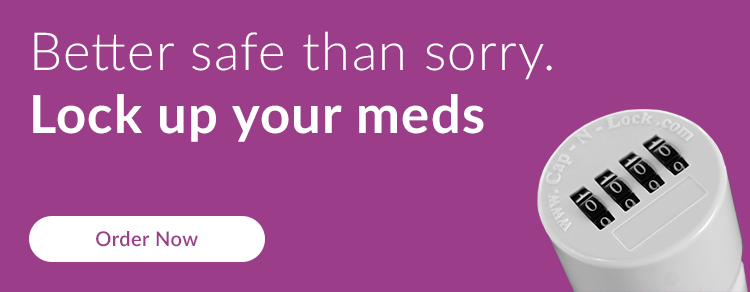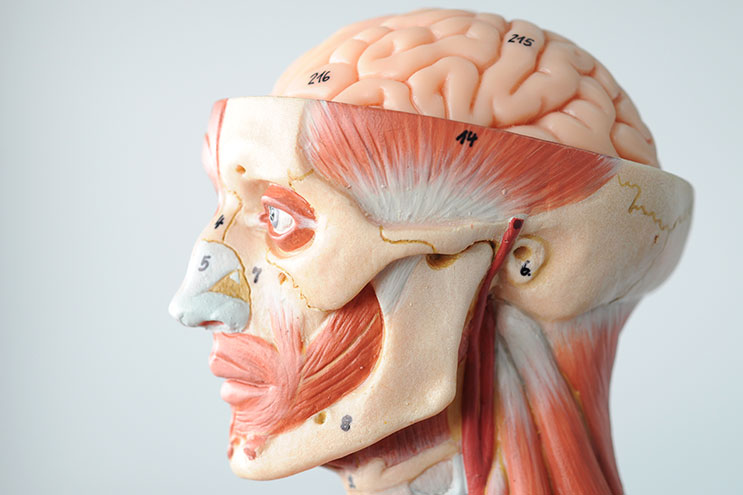Talking to your kids about drug use can be an effective deterrent to teen drug use, but those conversations are changing now that marijuana is legal in more and more states. Now that attitudes and laws about marijuana use are changing, how do you talk to your teens about it? Here is what you need to know as a parent to have an effective conversation with your kids about this controversial subject.
How to Talk to Teens about Legal Marijuana
Talking to Teens about Marijuana: What Every Parent Should Know
No matter what your personal feelings are regarding marijuana use, it is important to talk to your kids about it. Twenty three states in all have legalized the medical use of marijuana, and of those 23 states, it’s legal for recreational use in Colorado, Oregon, Washington, and Alaska
Talking can be effective
“Research shows that open talk about drugs or alcohol between parents and teens has a protective effect, and can lead to students waiting longer to experiment,” says Nelson Branco, MD. You may not think your kids are listening to you, but the conversations you have with them matter.
Teens think marijuana is safe
Teens view marijuana use as less risky than they did ten years ago. As reported in the Denver Post, the decreasing percentage of teens who see a risk from regular marijuana use concerns members of the medical community who say cannabis use is bad for developing brains.
Marijuana lowers teen IQ
Studies have shown that regular marijuana use in the teenage years has a negative effect on their growing brains, resulting in lower I.Q. points. Adult marijuana use does not have the same effect.
Teen marijuana use can lead to abuse
Marijuana use at age 14 or younger lead to illicit drug dependence or abuse in 12.8% of people, according to the 2010 National Survey on Drug Use and Health. But only 2.6% of people who tried marijuana at age 18 or older developed a drug dependence. Because the teen brain is primed for addiction, use of any drug at an early age can lead to a lifetime of addiction problems.
Talking to teens about marijuana: what doesn’t work
According to the New York Times, drug prevention experts say the “Just Say No” approach doesn’t work with teens today. Parents should focus on a “Just not now” approach that delays use of any substance, including alcohol and marijuana, until they are older.
Despite the major impact of marijuana use to the developing teen brain, focusing on the health risks isn’t necessarily best, either. Colorado’s chief medical officer admits, “The research shows that’s like a turn-off.”
Now that you are armed with all the facts, exactly how do you talk to your kids about marijuana?
Start early
If possible, begin having conversations about substance use before your kid becomes a teen. Waiting until you find evidence of marijuana use on your seventeen year old to have a conversation about marijuana use may be too late.
Look for teachable moments
News stories, movies, tv, billboards, or references to drugs and alcohol in songs can all provide small moments to talk to your kids about drug use. As more and more states legalize recreational or medical marijuana, you may see dispensaries or other businesses open in your own town. Small, casual conversations can be easier to have and might be more impactful in these moments.
Ask questions
Your kid may think they know the facts about marijuana use, medical marijuana, or the legalization of recreational marijuana because their friends told them one thing or another. Ask your kids questions about drug use in their school, what they know about legalization, or what they think about medical marijuana use to uncover any false information they may believe.
Focus on the real cost
It may not be an effective strategy to hammer home the potential damage marijuana use can have on your teen’s developing brain, but you can still bring to light the real cost of teen use. The average IQ reduction for a teenager who heavily smoked pot is 8 points. To put that in perspective, and 8 point IQ loss can amount to a difference between an average net worth of $71,000 (IQ of 110), and an average net worth of $128,000 (average IQ of 120). Marijuana use can shave points of off your teen’s SAT scores, and impact their earning potential after high school.
Set rules and expectations
A survey of Denver public school children revealed that kids were two to four times more likely to use marijuana if they perceived their parents had no concern about it. Let your kids know your expectations for them and marijuana use, and what the consequences will be if your rules aren’t followed.
Lead by example
If you use marijuana for medical or recreational purposes, don’t medicate or be impaired around your kids. Medicinal users should explain that any drug for their condition can have its benefits and side effects. Keep your marijuana and supplies locked up and out of reach. If you used marijuana in the past, it is up to you to disclose that information to your teen. Remember to emphasize that your teen can make his own decisions when he is older.
Discuss legal repercussions
Even in states where marijuana is legal for recreational use, there is still an age limit for use. Being caught with marijuana could have legal repercussions that can seriously impact your teen’s school and future. Disciplinary actions could range from fines to even jail time.
“Just say no,” won’t work when it comes to talking to your teens about marijuana. Today’s parents need to have the “Just wait until you are older,” conversation with their teens. As more and more states decriminalize recreational marijuana use, and more people choose marijuana as an alternative to other medications, changing the conversation is the only way to keep your kids away from drug use. For now.





